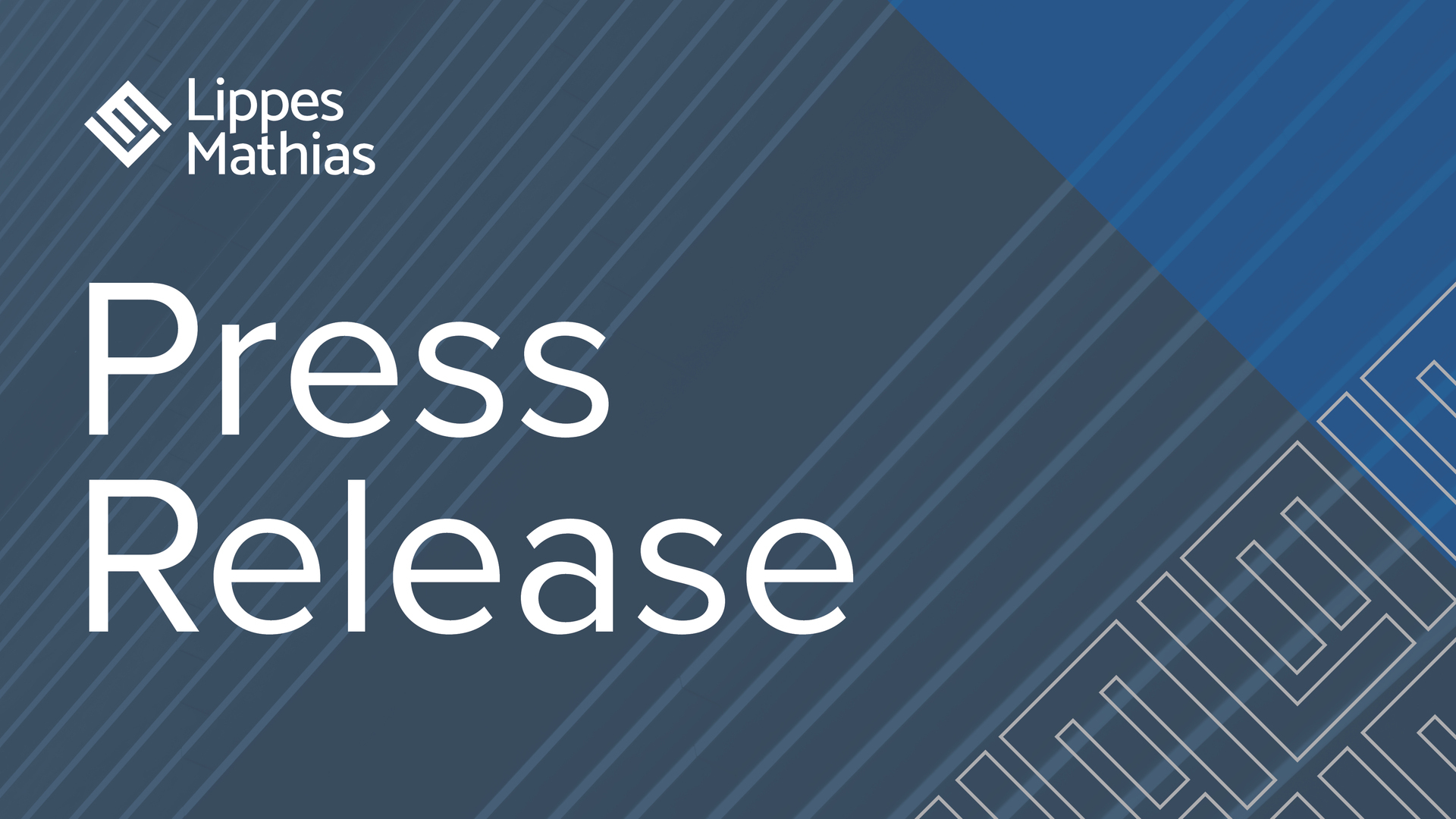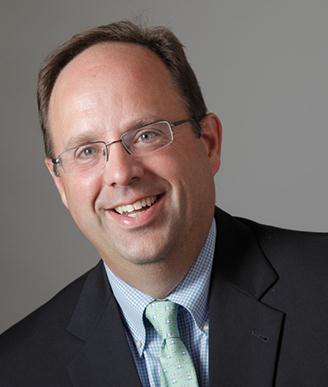Current Regulatory Status of Cannabis Products on Land Managed by a Federally Recognized Native American Tribe in the State of New York
May 16, 2019 |
Client Alerts
There have been a lot of changes in the regulatory environment surrounding cannabis federally and within the state of New York. As a result, the impact of these changes on the rules for cannabis on land managed by a federally recognized Native American Tribe in the State of New York (“reservation”) is complicated and evolving.
Hemp, products derived from hemp and CBD containing any level of tetrahydrocannabinol (“THC”) have historically been classified as a schedule 1 controlled substance on the federal Controlled Substance Schedule. The Agricultural Improvement Act of 2014 provided states the ability to create research pilot programs under which approved licensees or research associates under contract with their state may grow, produce, manufacture, market and distribute hemp based products, including CBD, within the state. H.R. 2642; Pub.L. 113-79. These statutes typically exempted these products from criminal enforcement under the state controlled substances laws for products grown, cultivated, processed and distributed in accordance with the state research license. In addition, the DEA by court order was enjoined from applying the Controlled Substances Act to these hemp products. See Hemp Industries Ass'n v. DEA, 357 F.3d 1012 (9th Cir. 2004). In addition, the DEA issued a memorandum acknowledging its intent not to enforce the Controlled Substances Act with respect to products that are derived from parts of the cannabis plant that are excluded from the federal definition of marijuana. DEA Internal Directive Regarding the Presence of Cannabinoids in Products and Materials Made from the Cannabis Plant (May 22, 2018).
This 2014 Farm Bill did not expressly include Indian tribes and, as a result, tribes have not been able to adopt research license programs for hemp based products that are protected by federal law. However, the 2013 U.S. Justice Department’s “Cole Memo” had restricted U.S. enforcement of federal narcotics laws for medical marijuana programs and recreational and agricultural use adopted pursuant to state law, and tribes could potentially rely on a 2014 Justice Department memorandum known as the “Wilkinson Memo” that adopted a similar policy with respect to cultivation and use of marijuana within reservations. Attorney General Jeff Sessions withdrew all memorandum based guidance in November 2017.
The Agriculture Improvement Act of 2018, adopted in December of last year, removed low THC hemp and CBD products from schedule 1 under the Controlled Substances Act. Therefore, these products are not treated as a controlled substance under federal law. Although the Agricultural Improvement Act of 2018 amends the federal law and removes low THC hemp and cannabis based products derived therefrom as controlled substances, it does not preempt any state law, including stricter state laws, governing the cultivation and sale of hemp based products.
Consistent with the prior versions of the Federal Controlled Substances Act, the State of New York has classified cannabis as marijuana and included THC as a schedule 1 controlled substance under New York law. As a result, the possession, sale, and transport of it within the state is subject to potential prosecution under New York drug enforcement laws.
New York criminal law applies to tribal members and non-Indians alike located on an Indian reservation that is located in New York State. Because New York Law, which criminalizes possession and sale of marijuana, facially applies to sales of marijuana (cannabis) products on the reservations. On the contrary, the State lacks regulatory jurisdiction over tribal members on their own reservation – meaning that the State cannot impose its civil laws to regulate an economy located on a Reservation. This includes the regulations governing CBD production and sale, meaning that tribal retailers are not eligible for the CBD research pilot program, and likewise are not eligible for the exemptions to the penal law afforded by that program.
As a result, the penal laws regarding CBD as a schedule 1 controlled substance remain in effect on New York reservations. As a practical matter, law enforcement is likely to treat retailers on a reservation the same as off-reservation retailers with respect to the sale of CBD that originated from outside the state. Thus, the same risk factors will apply to any on-reservation retailers without the possibility that the retailer can engage in the New York pilot research program.
With respect to New York’s penal laws and regulations, as of the date of this post, there have been no changes to the schedule of controlled substances to reflect the change in the federal schedule for hemp. These changes were planned to be made by statute as part of the annual budget and to reflect a broad cannabis based regulated market structure proposed by Governor Cuomo. Whether and to what extent these changes are adopted during the current legislative session is an open question. At a minimum, we would expect changes to be made in New York Agriculture and Markets Law to adopt the framework under the 2018 Farm Bill.
Finally, although the 2018 Farm Bill expressly permits Indian Tribes to submit licensure plans for hemp based products, the U.S. Department of Agriculture has not yet established the regulatory process for the Indian Tribes (along with the States) to do so. As a result, as a federal matter, Tribes will not be able to produce hemp based products for interstate commerce until these regulations are adopted and their licensure plans are approved by the USDA.
Hemp, products derived from hemp and CBD containing any level of tetrahydrocannabinol (“THC”) have historically been classified as a schedule 1 controlled substance on the federal Controlled Substance Schedule. The Agricultural Improvement Act of 2014 provided states the ability to create research pilot programs under which approved licensees or research associates under contract with their state may grow, produce, manufacture, market and distribute hemp based products, including CBD, within the state. H.R. 2642; Pub.L. 113-79. These statutes typically exempted these products from criminal enforcement under the state controlled substances laws for products grown, cultivated, processed and distributed in accordance with the state research license. In addition, the DEA by court order was enjoined from applying the Controlled Substances Act to these hemp products. See Hemp Industries Ass'n v. DEA, 357 F.3d 1012 (9th Cir. 2004). In addition, the DEA issued a memorandum acknowledging its intent not to enforce the Controlled Substances Act with respect to products that are derived from parts of the cannabis plant that are excluded from the federal definition of marijuana. DEA Internal Directive Regarding the Presence of Cannabinoids in Products and Materials Made from the Cannabis Plant (May 22, 2018).
This 2014 Farm Bill did not expressly include Indian tribes and, as a result, tribes have not been able to adopt research license programs for hemp based products that are protected by federal law. However, the 2013 U.S. Justice Department’s “Cole Memo” had restricted U.S. enforcement of federal narcotics laws for medical marijuana programs and recreational and agricultural use adopted pursuant to state law, and tribes could potentially rely on a 2014 Justice Department memorandum known as the “Wilkinson Memo” that adopted a similar policy with respect to cultivation and use of marijuana within reservations. Attorney General Jeff Sessions withdrew all memorandum based guidance in November 2017.
The Agriculture Improvement Act of 2018, adopted in December of last year, removed low THC hemp and CBD products from schedule 1 under the Controlled Substances Act. Therefore, these products are not treated as a controlled substance under federal law. Although the Agricultural Improvement Act of 2018 amends the federal law and removes low THC hemp and cannabis based products derived therefrom as controlled substances, it does not preempt any state law, including stricter state laws, governing the cultivation and sale of hemp based products.
Consistent with the prior versions of the Federal Controlled Substances Act, the State of New York has classified cannabis as marijuana and included THC as a schedule 1 controlled substance under New York law. As a result, the possession, sale, and transport of it within the state is subject to potential prosecution under New York drug enforcement laws.
New York criminal law applies to tribal members and non-Indians alike located on an Indian reservation that is located in New York State. Because New York Law, which criminalizes possession and sale of marijuana, facially applies to sales of marijuana (cannabis) products on the reservations. On the contrary, the State lacks regulatory jurisdiction over tribal members on their own reservation – meaning that the State cannot impose its civil laws to regulate an economy located on a Reservation. This includes the regulations governing CBD production and sale, meaning that tribal retailers are not eligible for the CBD research pilot program, and likewise are not eligible for the exemptions to the penal law afforded by that program.
As a result, the penal laws regarding CBD as a schedule 1 controlled substance remain in effect on New York reservations. As a practical matter, law enforcement is likely to treat retailers on a reservation the same as off-reservation retailers with respect to the sale of CBD that originated from outside the state. Thus, the same risk factors will apply to any on-reservation retailers without the possibility that the retailer can engage in the New York pilot research program.
With respect to New York’s penal laws and regulations, as of the date of this post, there have been no changes to the schedule of controlled substances to reflect the change in the federal schedule for hemp. These changes were planned to be made by statute as part of the annual budget and to reflect a broad cannabis based regulated market structure proposed by Governor Cuomo. Whether and to what extent these changes are adopted during the current legislative session is an open question. At a minimum, we would expect changes to be made in New York Agriculture and Markets Law to adopt the framework under the 2018 Farm Bill.
Finally, although the 2018 Farm Bill expressly permits Indian Tribes to submit licensure plans for hemp based products, the U.S. Department of Agriculture has not yet established the regulatory process for the Indian Tribes (along with the States) to do so. As a result, as a federal matter, Tribes will not be able to produce hemp based products for interstate commerce until these regulations are adopted and their licensure plans are approved by the USDA.
Related Content

Press Releases
Scott V. Carroll and Jameson E. Tibbs Present at the Home Care Association of New York State Corporate Compliance Symposium
November 9, 2023


Press Releases
Scott V. Carroll and Anoush Koroghlian-Scott Present at the 2023 North East Regional Urgent Care Association Conference
November 9, 2023


Client Alerts
DEA Extends Prescriber Telemedicine Flexibilities for Additional Six Months
May 10, 2023


Client Alerts
New Disclosure and Notice Requirements for New York Physician Practice Transactions
May 4, 2023




